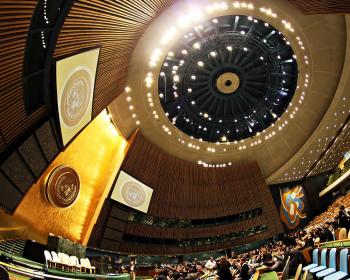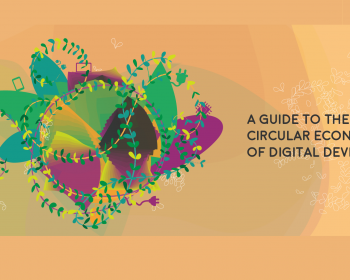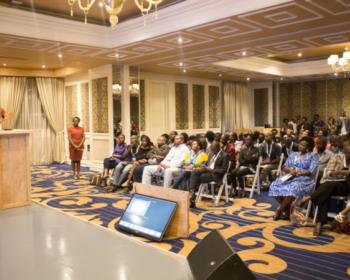ICT policy
Join us on Thursday 21 October 14:00 UTC in a conversation with Irene Khan, UN Special Rapporteur on the promotion and protection of the right to freedom of opinion and expression, on her new report on Freedom of Expression and Gender Justice.
Recent revelations by a Facebook whistleblower about its decision to prioritise profit over user safety and human rights confirm concerns that civil society organisations have observed and raised over the years regarding Facebook’s operations and implementation of their community standards.
Technology-facilitated violence must be understood in light of its impact on lives and livelihoods. Human security is at the heart of cyber security and therefore demands human-centric and rights-based approaches to establishing a peaceful ICT environment.
The United Kingdom will present a cross-regional joint statement on reprisals at the 76th UN General Assembly. It affirms the commitment to ensuring that all civil society organisations and human rights defenders can engage with the UN without fear of intimidation and reprisal.
Following the end of the 48th session of the Human Rights Council, 13 NGOs have issued a joint statement welcoming and expressing concern over key resolutions.
This guide aims to show you how to think and act collectively to change direction towards a regenerative and redistributive economy respecting both human and ecological rights and limits. It describes the concepts and processes of circularity and summarises key challenges and opportunities.
The first modules of a step-by-step guide that explains the negative impact of digital devices on both people and the planet and how a circular approach to the production, use and disposal of digital devices offers a solution will be launched on 4 October.
The Asia Pacific Regional Internet Governance Forum (APrIGF) serves as a platform for discussion, exchange and collaboration at a regional level. This year will be a hybrid event in Kathmandu and the overarching theme is “Towards an Inclusive, Sustainable and Trusted Internet".
Joint letter, signed by a coalition of civil society and industry stakeholders, raises concerns about the human rights risks of internet fragmentation and setting out principles for an open, interconnected and interoperable internet.
KICTANet held a virtual meeting to share the findings of its recent research on the extent to which the public participated in three recent policy and law-making processes related to information and communications technologies.

Association for Progressive Communications (APC) 2022
Unless otherwise stated, content on the APC website is licensed under Creative Commons Attribution 4.0 International (CC BY 4.0)











